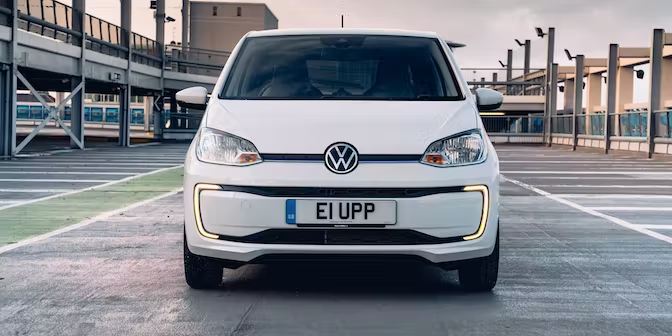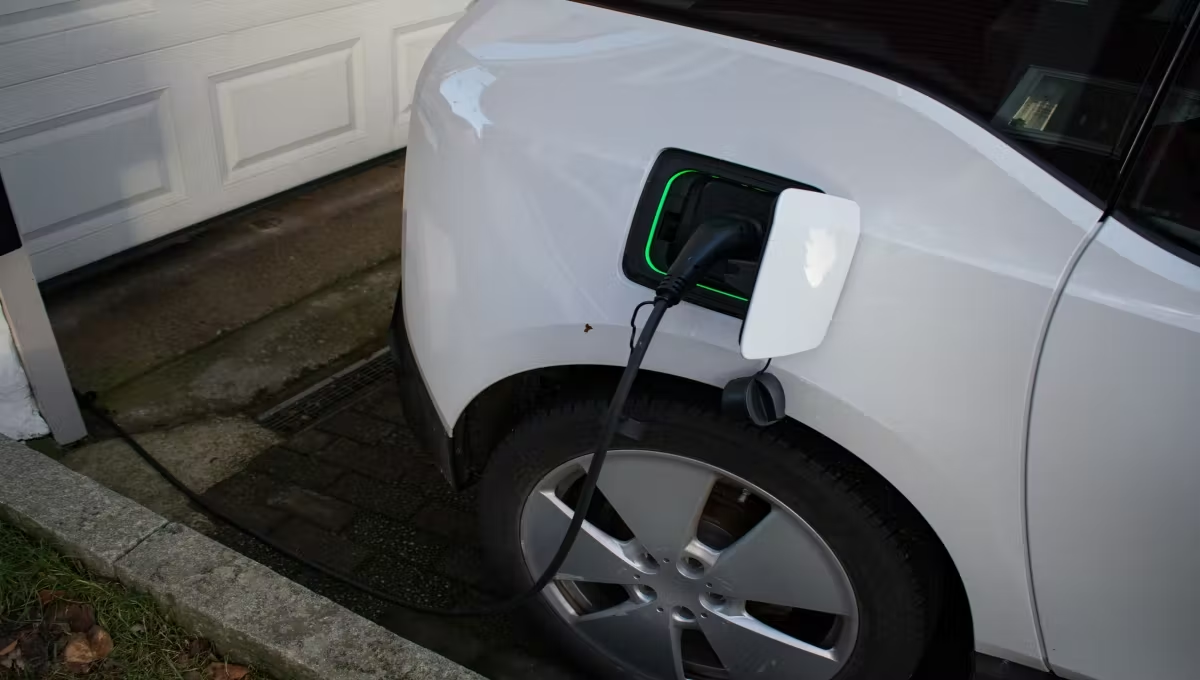
The Cost of Charging an Electric Car: At Home vs. In Public
The Cost of Charging an Electric Car: At Home vs. In Public
Electric cars are becoming more and more popular, as people become increasingly aware of the many benefits they offer. One of the main questions people have about electric cars is how much does it cost to charge them? So we decided to compare the cost of charging an electric car at home to charging in a public place in the UK.
How to charge an electric car at home
Perhaps the easiest option for any EV owner is to charge their car at home. Home chargers come in different types and speeds, but the majority of electric cars will charge at around 13 amps (A), which is the standard household current in the UK. The time it takes to fully charge an EV depends on the battery size and charger speed, but it usually takes between four and eight hours to charge electric cars from empty using a home charger. Now the actual cost of charging an electric car at home depends on a few factors including the price of electricity in your area, and the time of day that you charge.

The cost of charging your EV at home will vary depending on the electricity tariff that you are on. However, as a general rule, it is cheaper to charge your electric car at home than it is to charge it in a public place. The main reason for this is that public charging stations usually have higher electricity prices than domestic tariffs, even in the current climate and energy crisis. If you are on a standard electricity tariff, as of the 1st of August 2022 the cost of charging your EV at home will not exceed 28p per kWh as it is capped (as per How much does it cost to charge an electric car? - Which?).
The exact amount it will cost to charge your electric cars will vary depending on the model and type of EV you have, as well as the charger you are using. Nevertheless, it is safe to say that home charging will be your cheapest option when compared to public alternatives. To stay up to date with the latest on energy prices updates, whether the latest caps affect you and your EV and more, check out Energy advice for households | Ofgem.
Public charging your electric vehicle
The cost of charging an electric car in a public place depends on a number of factors, including the type of charger you use and the electricity price at the location. As a general rule, it is more expensive to charge your electric car in a public charging station than at home because they usually have higher electricity prices than domestic tariffs.
Charger type
The type of charger at the location also affects the cost of charging an electric car in a public place.
There are three main types of public charger:
- Slow chargers, which charge at around 13 amps (A) and take between four and eight hours to charge a car from empty.
- Fast chargers, which charge at around 50 amps (A) and can charge a car in around two hours.
- Rapid chargers, which charge at around 100 amps (A) and can charge a car in around an hour.
Time of day
The cost of charging an electric car will also vary depending on the time of day that you charge. For example, if you charge during peak hours (between 06:00 and 22:00), then the cost will be higher than if you charge during off-peak hours (between 22:00 and 06:00). However, in comparison to charging at home, the average price of electricity at public charging stations in the UK varies from 55-65p per kWh (as opposed to 28p at home).

Home charging done right
The best way to save money on the cost of charging your electric car is to charge it at home whenever possible. There are a number of ways to make the most of home charging, including:
Investing in a home charger with a higher speed
This will help you to charge your car more quickly and therefore reduce the amount of time that you need to pay for electricity.
A fast, efficient charger such as the Easee One • Impra Charge allows you to check the status of the charger, adjust the charging power and schedule charging sessions to suit your requirements - only charge as much as you need.
Charging during off-peak hours
This will help you to take advantage of lower electricity prices, as well as reducing the amount of time that your car spends plugged into the charger.
Coupling your EV charger set up with solar. This is the most efficient and environmentally friendly way to charge your car as solar energy is free once you have installed the panels. With solar panels never having such a short return of investment, installing a home charging system is a no brainer if you're making or have made the switch to solar. You will be charging your car for free!
If you are interested in a quote for an EV charging solution right for your needs, please get in touch at Experts in EV Charging • Impra Charge to speak to one of our advisors.